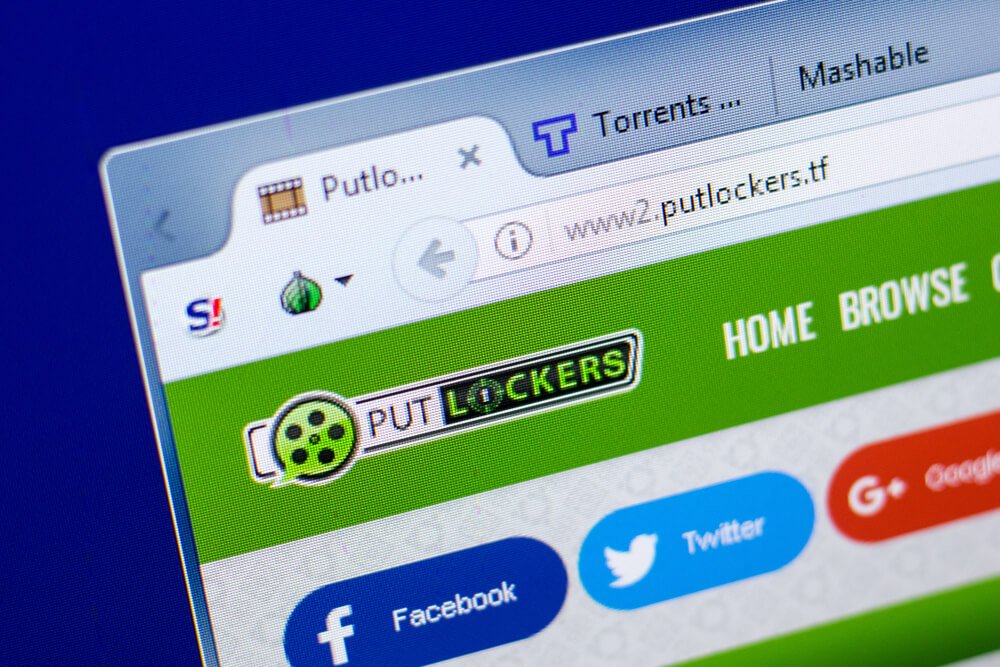How to Quickly fix Pname Com Facebook Orca error on Android & IOS
The Facebook app is the most regularly used feature. While surfing, people often receive notifications popping up, i.e., “Pname com.facebook.orca” has stopped working. Have you ever experienced this error notification while using the Facebook App on your mobile device? Indeed, various reasons are responsible for this error message. Your device might have some sort of unresponsive element or cache file that needs to be drained. Pname Com Facebook Orca error message is absolutely frustrating but can be fixed with easy, quick, and relevant steps.
Quick but Relevant Steps to Fix the Pname Com Facebook Orca’ Error
‘Pname com Facebook orca’ error notification is the most annoying pop up that occurs at times when there is some conflict between a smartphone and the Facebook app owing to the Facebook Messenger cashes. You are trying to access your Facebook app and suddenly you encounter an error notification: – ‘com Facebook orca has stopped unexpectedly.’ So frustrating! This message comes into play when your mobile device and the FB Messenger app are not in tune. With a little effort, the error notification pop up will be fixed.
Moreover, to fix the error message on your smartphone, you don’t need to download the Orca app. Fortunately, there are many other ways to resolve this com.facebook.orca message. Here we will see the quickest and most relevant solution to fix the error notification without getting the com.facebook.orca folder deleted on your mobile.
Is Pname com Facebook Orca a virus?
Com Facebook Orca is just an error message and not a virus. Without having the Facebook Messenger app, you would never experience pop-ups of this error message on your phone. This means it is the messenger app responsible for creating the com.facebook.orca and com.facebook.katana folders on your phone. So, no need to make your blood run cold if you see the error message popping up again and again on your smartphone. Follow the right process and fix the error without having to download and install a third-party app.
About Facebook Katana
On your mobile device, you may come across a folder ‘com.facebook.katana‘. This folder is a package name; it’s just an automatically created folder. People believe it is a virus, but it is more of a controversial response. It is not a virus or malware and poses no nuisance to your device. So, there is no need to get it deleted from the phone.
Not knowing much about the name, you will even claim that it has been created due to malware. Moreover, this will more and more strike terror in you that your device has been hacked, or, to make matters worse, that your information has been licked by some unknown hacker. Rummaging through the details, experts have declared that Facebook Orca and Katana are only automatically created folders and not viruses. Let’s learn more about this package name with detailed information.
Detailed information about the Facebook katana folder
Facebook Katana is an automatically created folder. It is a package name and is formed by the Facebook application on all smartphones the moment the app has been installed. Once you uninstall the app, the folder ‘com.facebook.katana‘ will automatically disappear. The Katana folder is wholly and strongly associated with the Facebook app and is only found on devices that have the Facebook Messenger App installed.
In addition, if you don’t have the Facebook application installed on your smartphone device and if you are accessing your FB account through its site via the mobile default browser or on your desktop PC, you will discover that there isn’t any default folder like the FB katana created automatically on your device.
Consequently, the installation of a Facebook mobile app in the form of FB Messenger app has automatically created the Katana folder, just like the Orca folder. Both of these folders contain information about the respective apps.
In simple words, this can be explained as: all Facebook apps auto-create special folders to store all the app-related information with a unique programming language. This language is completely different from the usual human language.
Is there any point in getting the Katana folder deleted?
No! There is eventually no point in deleting or removing the Katana folder. This folder will be recreated automatically. Every time you remove the folder, the same will appear again. The package name Facebook Katana is a part of the FB app that functions pretty well on any smartphone.
If you don’t want to see the package folder on your mobile, simply uninstall the FB app from your mobile. Accessing the account from the default browser on your mobile device or desktop PC will never auto-create this folder.
Should I also not delete the com.facebook.orca folder like the katana?
Yes! That’s right. Don’t remove both the Facebook Orca and Katana folders on your mobile phone. As notified before, you can only remove these auto folders successfully when you uninstall the FB apps entirely from your mobile.
Consequently, there is no way of getting this Pname.com Facebook Orca and Katana folders deleted unless you remove the entire app.
What is the right way to hide the com facebook orca folder?
The com Facebook orca folder is, as notified above, an automatically created folder which is already a hidden folder and is created by the messenger app of Facebook. This hidden folder stores complete information you have in your mobile FB messenger app. This auto folder helps you restore the deleted messages on your FB account even without using the Desktop.
From this time, whenever the pname.com.facebook.orca error message pops up on your mobile screen and keeps on disturbing you, again and again, don’t get panic. You only need to fix the root of the problem. Follow these easy steps.
- #1: Steps to fix Facebook orca error
- Step #1: Go to “settings”
- Step #2: Go to “application” and click the option
- Step #3: Go to “all apps”
- Step #4: Scroll the list for “Facebook Application”
- Step #5: Clear caches from the storage option
- Step #6: Restart your Facebook app
- #2: Steps to fix the frequent pop-ups of the pname.com.facebook.orca error
After following the easy steps mentioned above, you may experience frequent pop-up notifications for the same. No worries! Here is another solution.
- Step #1: Go to settings.”
- Step #2: Go to “application” and click the option
- Step #3: Go to “all Apps.”
- Step #4: Scroll the list for “Facebook Application.”
- Step #5: Uninstall the Facebook Application
- Step #6: Go back to the default screen and restart your phone
- Step #7: Download the Facebook app and install again
- #3: Steps to clear all data from FB messenger
After clearing out all data from the FB Messenger app, you may wonder how you are going to get the data back. Here are the easy steps.
- Step 1: Go to File Manager
- Step 2: Click on External Storage
- Step 3: Tap into the Android folder
- Step 4: Tap into the Data folder
- Step #5: Tap into facebook.orca folder
- Step #6: Click on the Cache folder
- Step #7: By tapping into the cache folder, you will find another folder called “fb_temp.” All the Facebook Messenger backup copies are stored in this folder.
Com Facebook orca versus com Facebook katana
If you are accessing Facebook on your mobile phone, two separate folders will be automatically created; the com Facebook orca and the com Facebook katana. Both folders are auto-created with a different purpose. Facebook orca helps you to recover the deleted messages from the mobile Facebook app through PC tricks. On the other hand, the katana folder controls the data of your mobile FB app.
There isn’t any specific way to remove these two folders from your mobile. What you can do is to uninstall the respective app you don’t want to appear again and again on your phone. Like, if you want to permanently get rid of the katana folder delete the Facebook mobile app and if you want to get rid of the orca folder permanently remove Facebook Messenger app from your mobile.
In conclusion, the package name for Facebook katana is com.facebook.katana and the package name for Facebook orca is com.facebook.orca. Both are neither virus nor are they malware. They are indeed automatically created folders that appear with the installation of FB messenger and FB App to make them function flawlessly.


